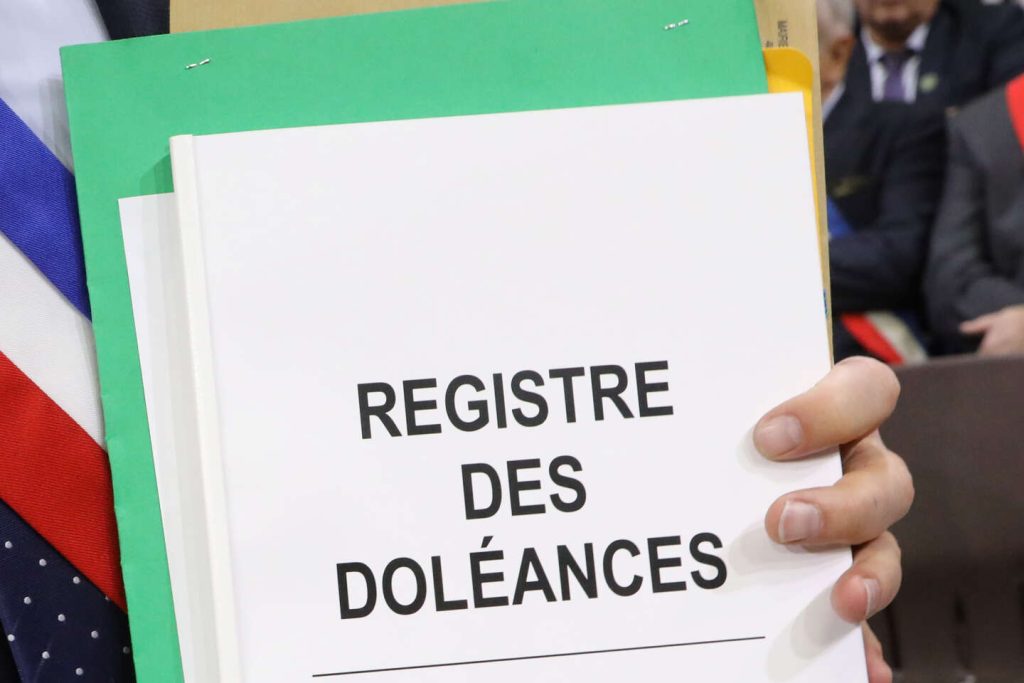On April 15, 2019, French President Emmanuel Macron was scheduled to address the nation on television following the completion of the grand national debate. However, the Notre-Dame Cathedral fire prevented this crucial moment from taking place, delaying the public release of the grievances collected during the debate. Five years later, where do we stand? While Notre-Dame is on its way to being restored, the grievances of the French people, considered a national treasure, have yet to receive a comprehensive national response. Visiting one of the 101 departmental archives and delving into the grievances from 2019 is a revitalizing experience for democracy.
The grievances contain a wide range of proposals on democracy, healthcare, public spending, ecological transition, as well as demands to address wage inequality, calls for fair taxation, and appeals for public services that uphold equality and justice. They also include poignant life stories, distressing cries for help, and a genuine expression of the lived experiences of a community that urgently needs to be heard. In a way, these grievances constitute an “ideal political program for the French people” that should not be ignored.
Today, the accessibility to these grievances and the ideas they contain is not readily available to the individuals who wrote them. In the digital age, mediation to access and engage with this information is a crucial pillar of democracy. Advocating for transparency, equality of access to public archives, and accountability, we call for the online publication of the grievances on a national platform. This digital platform would allow for readings on a national, departmental, or even municipal level, ensuring broad access to this democratic resource.
The accessibility of this corpus is not insignificant. It is essential to fully utilize this democratic resource consisting of 19,899 citizen notebooks with 217,910 individual contributions. This also includes 15,420 letters and emails, as well as reports from local initiatives during 11,258 meetings. Ensuring access to these thousands of contributions recognizes their true value and restores dignity to citizen voices. It is crucial to engage with and acknowledge the wealth of ideas and concerns contained within these grievances for a more inclusive and responsive democracy.
Overall, the call for making the grievances accessible online and publicly available is a plea for a more transparent and participatory democracy. By enabling citizens to engage with and understand the grievances and proposals put forth during the grand debate, we can uphold the values of democracy, trust between citizens and elected officials, and the duty of remembrance. It is essential to recognize the importance of citizen participation and make their voices heard through accessible and inclusive platforms.


